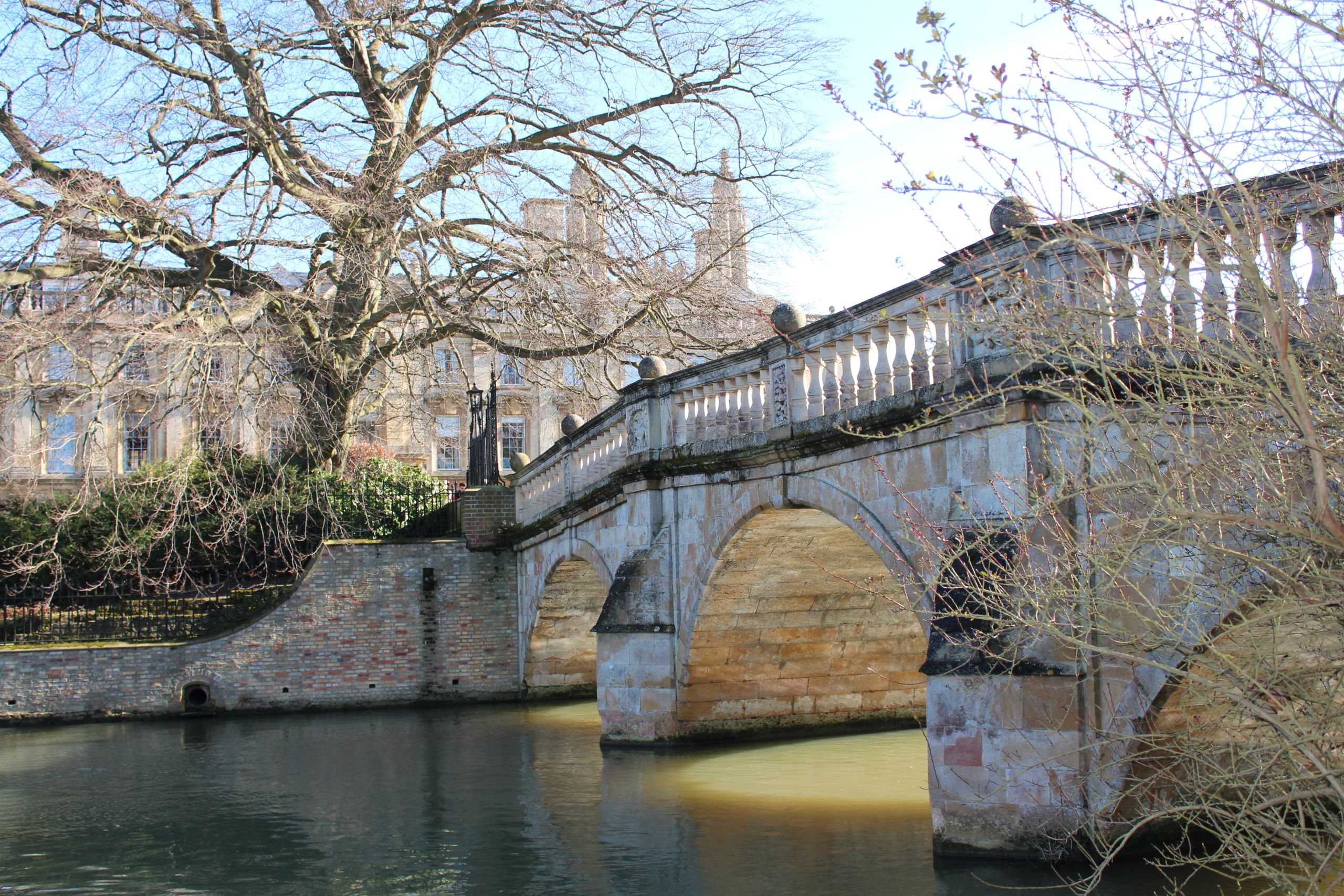Last word
Simon Franklin, President of the Fellowship

This was not at all the kind of year that I envisaged when I took on the role of President of the Fellowship last October. Contrary to the wisdom of our foundress in the preamble to her statutes of 1359, experience was no guide. Instead we moved into ‘interesting times’.
Strain is an unwelcome but valuable test of communities. Through this strangest of strained years Clare, like so many others, has been forced to find out more about itself. What greater challenge can there be to the ethos of a residential community than a prolonged absence of residence?We are cushioned, of course, by 21st-century technology. Thanks to social media, virtual communities thrive –although, as alumni may be relieved or shocked to hear, there is as yet no Clare Fellows WhatsApp group. The enforced switch to, say, online supervisions and classes, was less traumatic than it might have been. There were even unforeseen bonuses. Local seminars could suddenly become global. A mini-series of Fellows’ ‘Pre-Dinner Virtual Combination Room Talks’ brought large audiences to lectures by David Howarth on ‘The Virus and the Law’ and – an apposite reminder of absent materiality – by Nigel Woodcock on the stones of Cambridge colleges.
Due to the camera-angles on laptops, we have all become instant connoisseurs of colleagues’ domestic ceiling lighting. And we all regretted not having bought Zoom shares a year ago.
This is the cosy side of community: business sort-of as usual, though conducted by different means. Obviously lockdown produces real disruptions to Fellows’ working rhythms, especially for those with young children and/or those whose research depends on regular access to laboratories. However, provided we stay healthy, Fellows are a relatively well-protected group through lockdown; as, to an extent, are students. Not so some of the College staff. Not only could they no longer go in and do their jobs, but for significant numbers there would have been no job for them to do. The government’s furlough scheme provided a crucial cushion for them and for the College. The most vulnerable, however, were those who rely on occasional or seasonal work. In normal times the College depends on their support: as relief porters in the Lodges, or looking after us in Hall, or servicing the conferences that have become so important and which evaporated overnight. Prompted by a suggestion from a colleague, we circulated the Fellowship, hoping for contributions to a fund which would be used to top up the wages of such staff to the full amount that they might reasonably have expected through to the autumn, had the virus not struck. The response was astonishing, or predictable, depending on one’s expectations.
This is not a long-term solution, of course. Indeed, some might be uneasy about the whole idea of such a scheme. But its value was not just financial. It was a spontaneous affirmation of community, and it was appreciated as such. As one member of staff wrote to the Bursar: ‘Thanks for your support, it is the first time in my long career as a worker that I feel protected and safe, and I cannot explain how much this means to me in this very delicate situation.’
Immediate crisis-response is in some ways easier (or at any rate simpler) than longer-term adjustment and recovery. We may, with care, manage to escape from the limbo of our temporary community of absentees. But the consequences of COVID-19 will continue to strike the Clare community inequitably. In part we will be judged –or we should judge ourselves – on how we respond to that.

